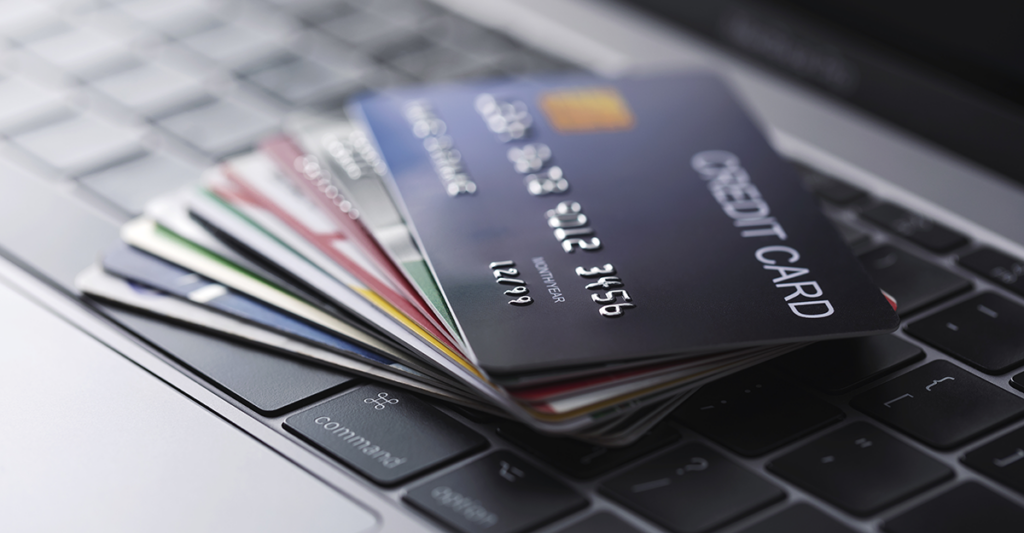Important Alert: Scammers Impersonating West Bank. Read More.
Important Alert: Scammers Impersonating West Bank. Read More.
Important Alert: Scammers Impersonating West Bank. Read More.
Home » Manage Your Credit Card Usage

Credit cards have become an everyday tool for people to make purchases and manage their personal finances. Access to credit enables families to purchase homes, deal with emergencies, obtain goods and services and build a credit history for larger purchases such as a car or home. Today, roughly 73 percent of all families have at least one credit card. About 60 percent of cardholders are “convenience users” – they avoid interest charges by paying balances in full each month. Here are some answers to frequently asked questions.
For credit cards, the Annual Percentage Rate or APR is basically the interest rate. The APR is applied to your balance to calculate the interest you owe. The dollar amount of interest you owe is shown as a finance charge on your billing statement for any month you are charged interest.
Most credit cards give you the chance to avoid interest on purchases (in effect, an interest-free loan) if you pay your credit card bill in full by the due date. This is called the grace period on purchases. The grace period is the period between the date of the purchase and the due date. To get it, you usually must pay your bill in full every month. When the grace period does not apply to purchases, you will pay interest on the purchases from the date of the transaction. Most credit cards do not give you a grace period on cash advances and balance transfers. You usually pay interest from the date of each cash advance or balance transfer.
If you do not pay in full one month, you will lose the grace period. Typically, you will owe interest from the first day of the billing period in which you did not pay in full. This means that if you paid in full in January, but only paid part of the bill in February, you will pay interest from the first day of February based on the full average daily balance for the February billing period when your bill arrives in March.
If you consistently pay only the minimum on your credit card, it will take you a long time to pay off the balance. You may end up paying a lot of interest. The amount of interest will depend on your APR and the amount of your balance. Pay as much as you can, as soon as you can, and always pay by the due date.
If you do not pay at least the minimum amount due, credit cards will charge a late fee. Paying late may also cause your APRs to increase.
The credit card company will tell you your credit limit when you first get your card. Over time, based on your needs, usage, and qualifications, the limit may change. Your current credit limit appears on your billing statement each month.
If you go over your credit limit, you may have to pay a fee. In addition, your APRs may increase. Be aware that you may go over your credit limit even if the transaction is authorized. So keep track of your transactions and how close you are to your limit.
Share This Article
© 2025 West Bank. All Rights Reserved. Member FDIC.
Equal Housing Lender.
© 2025 West Bank. All Rights Reserved.
Member FDIC.
Equal Housing Lender.